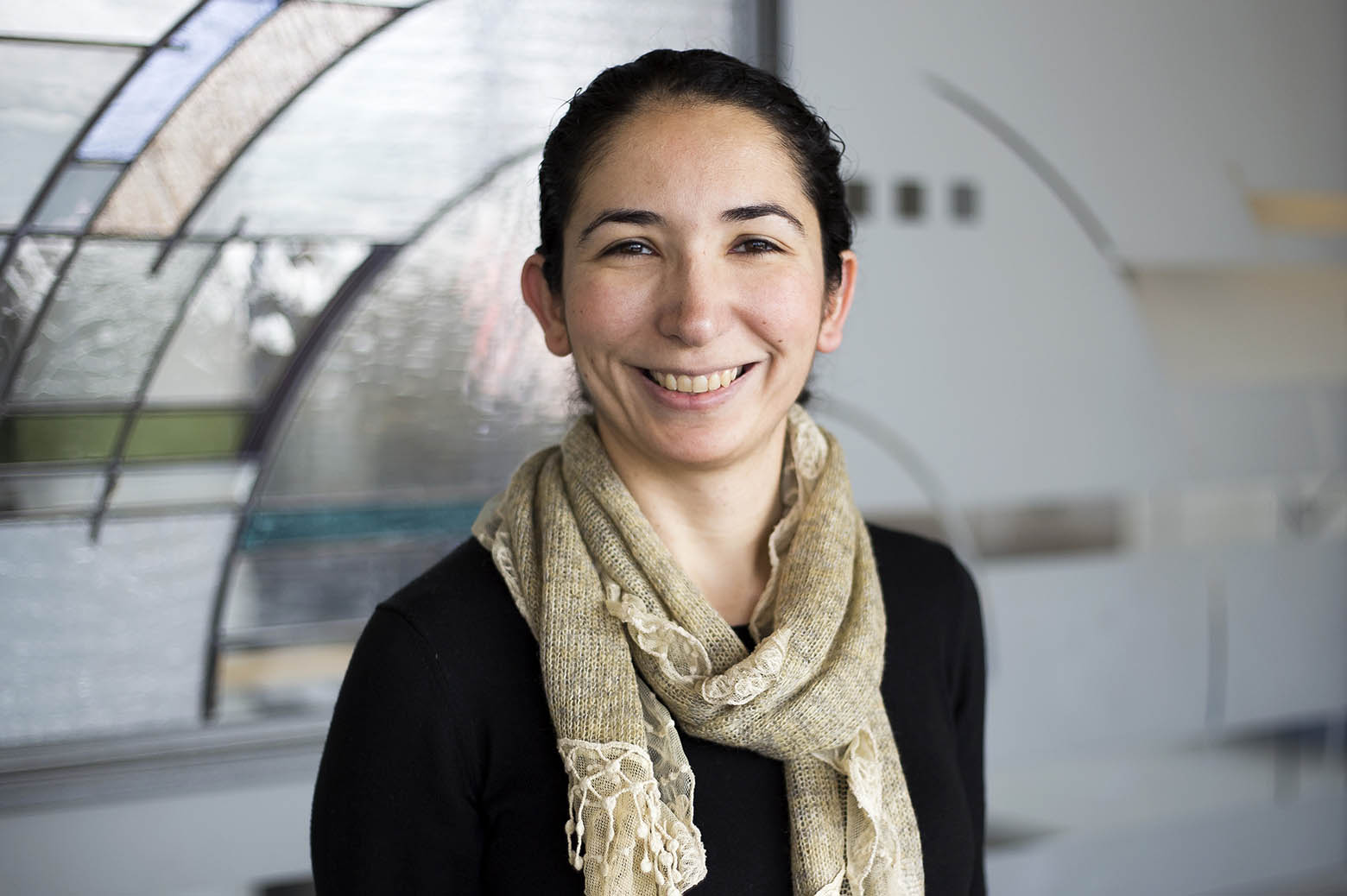The NAE invites Necmiye Ozay to symposium to advance the engineering frontier

Prof. Necmiye Ozay was one of 83 early-career engineers invited to take part in the National Academy of Engineering’s (NAE) 27th annual US Frontiers of Engineering (USFOE) symposium. The participants, which include representatives from industry, academia, and government, were nominated by fellow engineers or organizations.
“This past year has taught us how important engineering collaboration is in solving some of the world’s most difficult problems,” said NAE President John L. Anderson. “The USFOE symposium helps foster this collaborative spirit in young engineers by bringing a diverse group together from different technical areas and work sectors to spark innovation and develop long-term relationships that are critical in advancing our nation’s future.”
This year’s symposium focused on four main topics:
- Investigating the Final Frontier: Engineering the Future of Space Exploration
- Resilience in Pandemics: Data and Digital Infrastructure for Informed Decision-Making
- Transforming the Climate Change Discussion: The Role of Direct Air Capture
- Cybersecurity of Critical Infrastructure
Ozay is a leader in the field of feedback control engineering for dynamical systems. An innovative engineer, she has developed novel techniques to model, design and test cyber-physical systems. Her poster for the symposium was titled, “Provably safe cyber-physical system design via learning, control, verification, and validation.” She presented on two main research questions:
- How to design algorithms for event detection/information extraction from sensory data?
- How to build robust cyber-physical systems that can autonomously react to these events and perform complex tasks in dynamic environments?
She also spoke about the applications of her work, including the development of decision and control logic for highly complex cyber-physical systems required for autonomous vehicles, swarms of mobile search-and-rescue robots, smart infrastructure systems, as well as advanced aerospace systems required for enhanced space exploration.
Ozay joined the university in 2013. She is the recipient of a 2018 University of Michigan Henry Russel Award (one of the university’s highest honors for junior faculty members), a 2014 Defense Advanced Research Projects Agency Young Faculty Award, a 2016 National Science Foundation Early Career Development Program Award, and a 2016 NASA Early Career Faculty Award.
 MENU
MENU 
